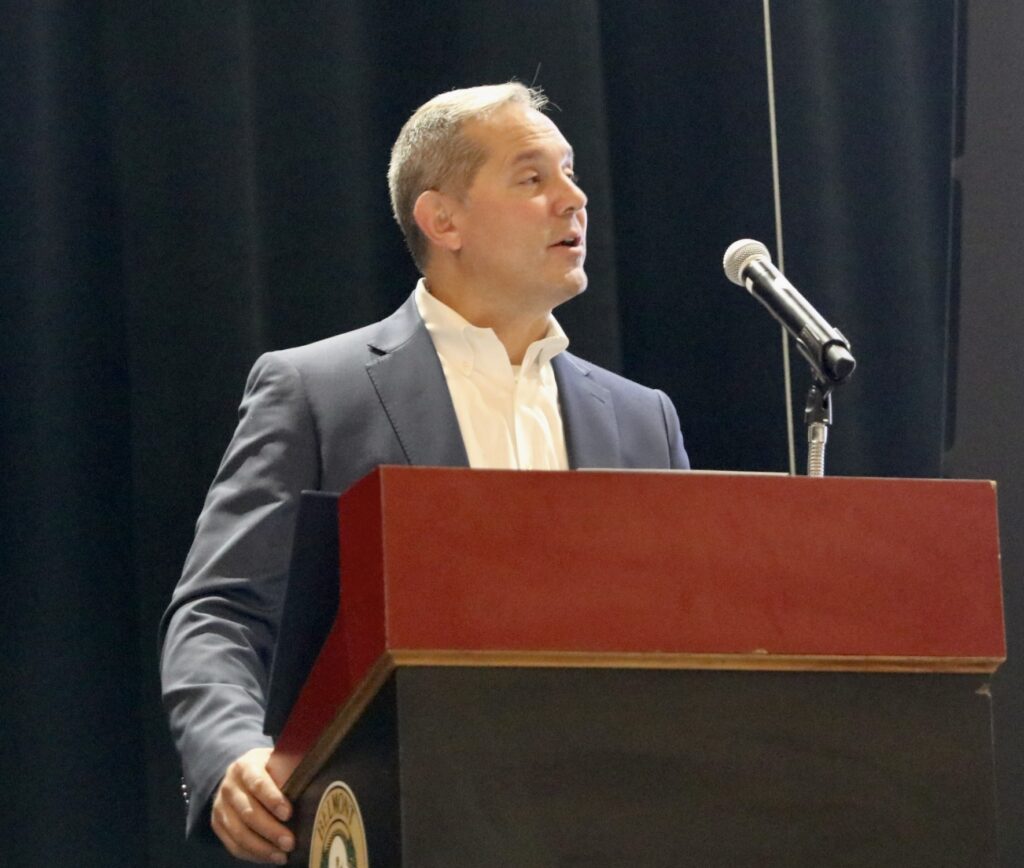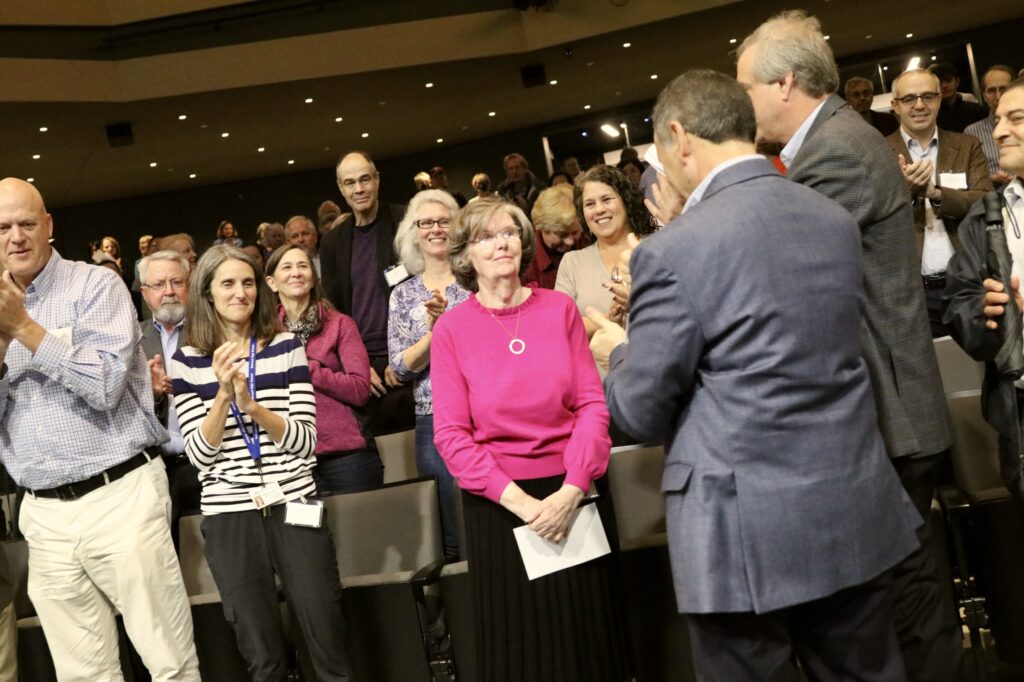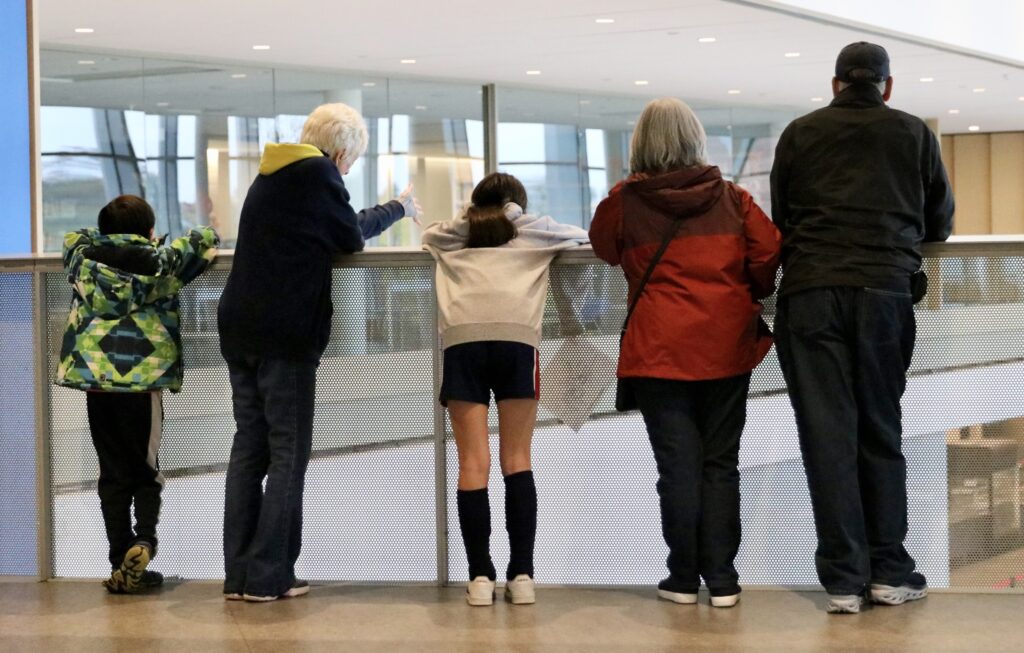Photo: The location of Trinktisch and Craft Beer Cellars in Belmont Center
It was a sad day when the news was revealed in August that Suzanne Schalow and Kate Baker, the co-founders of Craft Beer Cellar and Trinktisch European Food Hall on Leonard Street in Belmont Center, were putting their local businesses up for sale.
And while it appeared the two landmark retail operations would-likely continue with new owners, the reality was announced in a social media post on Nov. 1 that both the store and restaurant will be closing for good on the last day of the year, Dec. 31.
The $1,080,000 price tag on the flagship store in the Craft Beer Cellar franchise universe with its thousands of loyal customers and the restaurant which has become a lively family destination known for its German entries and beer combinations, was too much for “a local individual, family, or group, to pick up where we will leave off,” said Schalow in August.
The headwinds preventing the sales were several: the long lasting negative impacts of the global pandemic the beer industry, retail, and restaurants, alike, on-going staffing challenges, and finally “irreconcilable differences with our landlord, which has ultimately dissolved any parties interest in purchasing our businesses, as we had hoped.”
“Time has run its course and now it’s time for us to live our last chapter,” said the couple on social media.
Thirteen years since opening a concept of selling craft beef from a narrow storefront on Leonard Street that developed into a nation wide franchise, Schalow and Baker discovered that more than a decade “without a real vacation or traveling,” running a franchise from a basement office, then adding a restaurant – a dream for the partners – took a significant toll.
“We are simply tired and ready to change gears, and feel certain that now is the time to make this change in our lives,” they said.
Schalow and Baker wanted their patrons, guests and fellow Belmont residents to know “it wasn’t you” that made their decision.
“[Y]ou’ve been wonderful and if not for YOU we would have never made it 13 lovely years!” they said. “We are so humbled to have been members of the Belmont, Belmont Business, and Belmont Center Communities for these years. We are ever grateful for your continued support, positivity, love, and friendship.”
“While not the outcome we had envisioned, we intend to enjoy our final two months of operation and will hope that we see you as often as possible, as we wrap up both businesses,” they said.
“Rest assured that we will keep working hard to provide the best in beer, wine, food, and hospitality, until the very end.”
As a coda, Schalow and Baker said they not leaving Belmont, nor will they be leaving the beer industry as they will continue to build the Craft Beer Cellar franchise brand while keeping busy visiting places, judging beers, write books, and make many more contributions to the beer universe.
“We have given our heart and soul to our businesses and now it’s time to take a step back, stay grateful for our experiences, and forge a new trail ahead,” they said.














